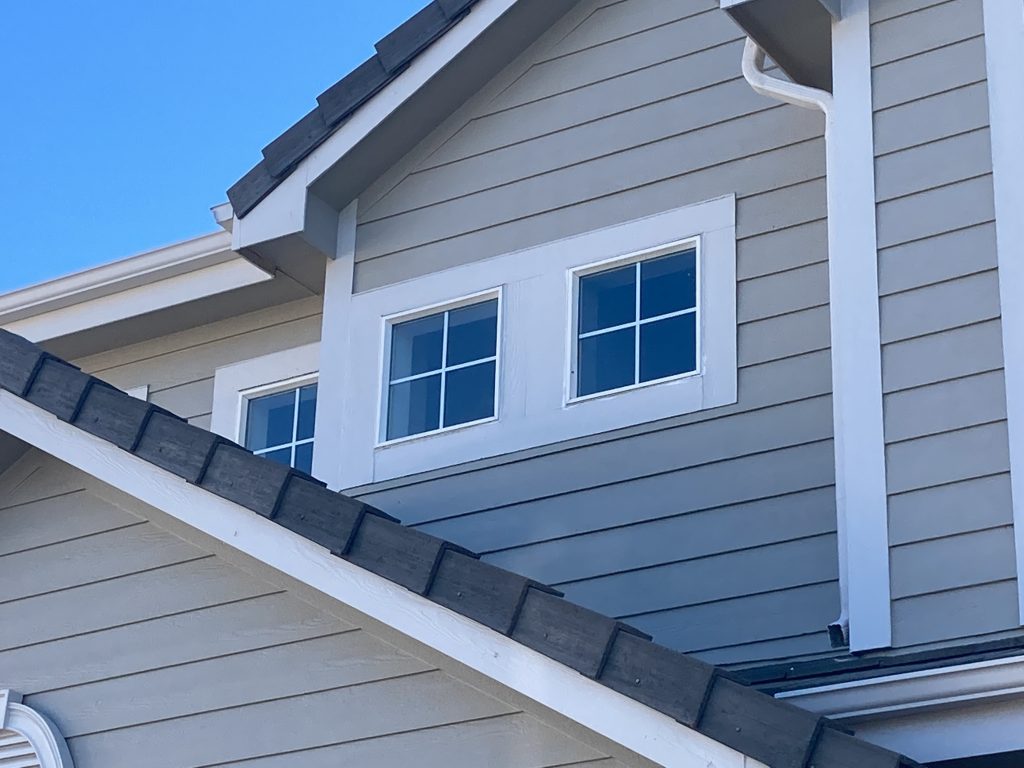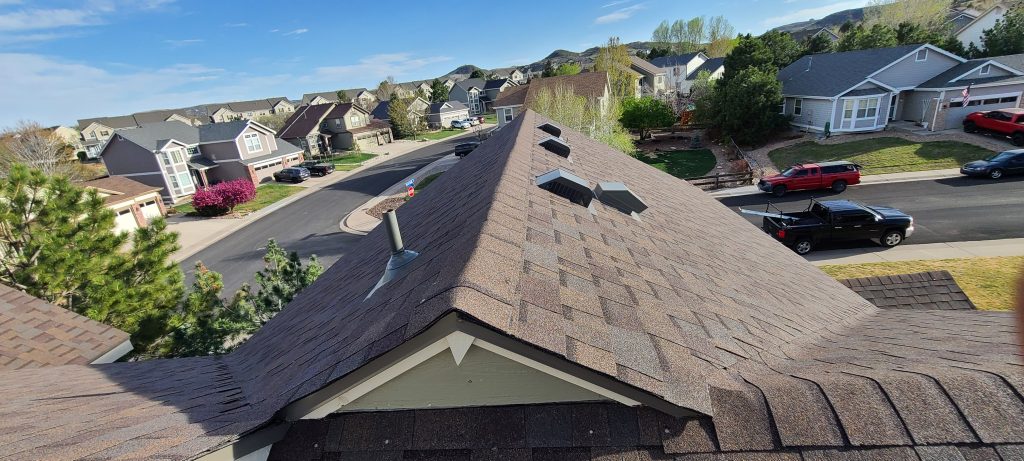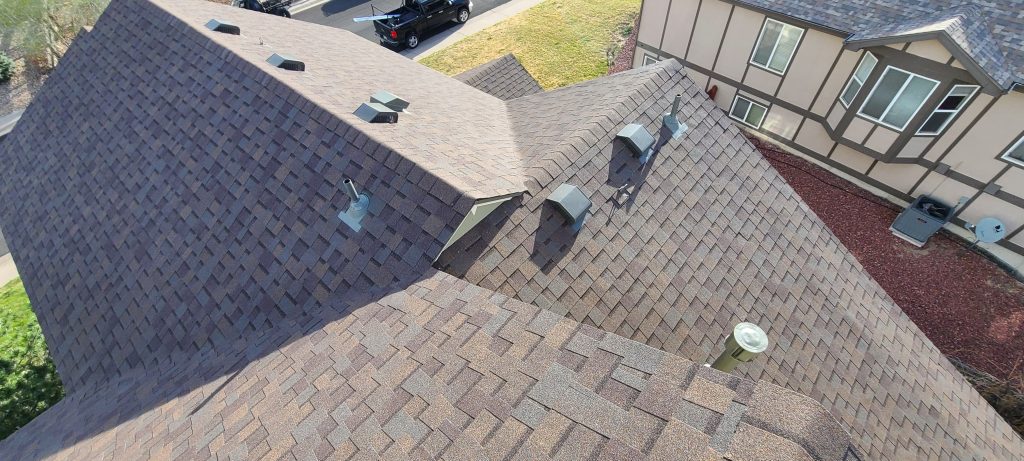
Keep It Simple
Durable and high-performance exterior finish work doesn’t have to be complex. At Simple Roofing and Exteriors, we like to keep things simple, so you know how to make the best decision for your home or business. We offer affordable pricing on premium roofing, window, paint, gutters, and any other exterior work solutions you can trust. Our team of expert roofers has spent years designing, repairing, and installing roofing as well as windows, gutters, paint, decks, siding, and any other exterior projects you may have. We know everything there is to know, and we’re here to deliver the results and long-term stability you deserve. Our customers know they can trust us for fast and thorough service, with excellent attention to detail. Our approach to both commercial and residential projects is to eliminate the stress by managing everything simply and transparently. Call us now at 303-500-1807 to schedule your free consultation!
Quality Services We Provide
-
Emergency Roof Repair
Call us 24/7 for professional emergency roof repair. We’ll come quickly after a storm or to fix a leak.
-
Commercial Roofer
Businesses in the area know that they can trust us for high-quality roofing solutions at affordable prices. Learn how we can help your property with improved roof performance.
-
Window Replacement
We know just how frustrating problems with your windows can be, which is why we offer high-quality window replacement among our services.
-
Roof Installation
Learn about new roof upgrades or installations. We offer a range of quality materials at great prices!
Call Us at 303-500-1807 to Get Started Today!
Local Roofing Experts
We’re excited to show you how an expert contractor operates. For years, we’ve been the top choice for local roofing services in Castle Rock, CO. We can get to you quickly, give you a no-obligation estimate, and create a custom roofing plan for repairs, replacement, or new construction. We’re here to help fix your leaks, design a new roof, or help with your insurance claims. Our team of local roofers will go the extra mile to make sure you get the service and high-quality results you expect.
Our Process
1 Contact us and schedule an inspection.
2 We evaluate your full exterior project and work with insurance or offer a free quote.
3 Rest easy knowing your house and family are protected.


Modern Roofing Technology
Roofing services have come a long way in recent years. Now, we offer 3D imaging to let you know what your roof will look like once we’re through. We offer remote appointment bookings and deliver samples to help you choose. All of our solutions are designed so you can make the best decision for your home or commercial property. So businesses and homeowners know they can trust us for premium roofing work at affordable prices.

Our Customer Service Commitment
Above all, we know delighting customers makes the most significant impact. We love seeing smiles on our clients’ faces when they see their new roof, or we help take care of a roofing emergency. All of our work is backed by our 100% service guarantee, and we’re ready to assist you with the best possible exterior restoration services anywhere. Call us now at 303-500-1807 when you need an exterior restoration contractor in Castle Rock, CO, and schedule an appointment to get your project started!
